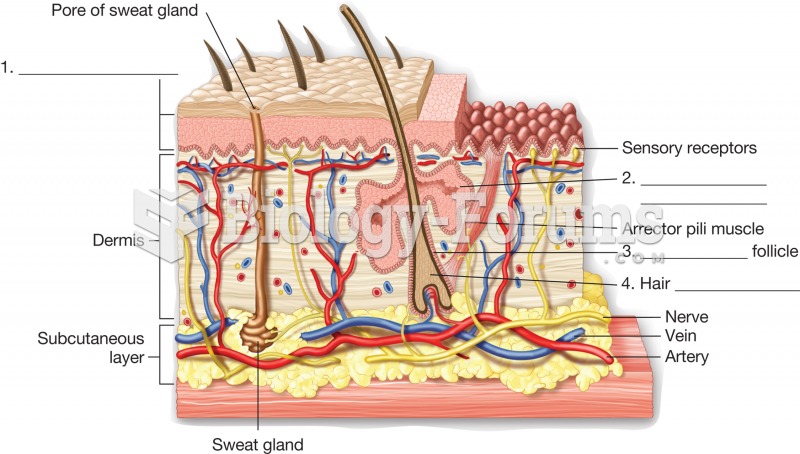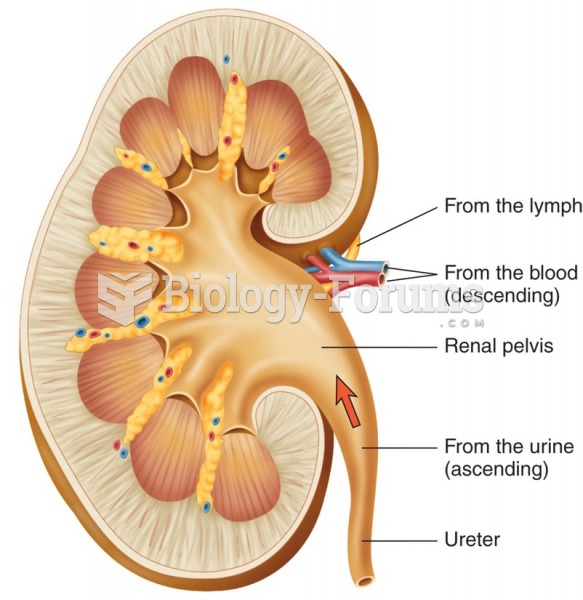Answer to Question 1
Correct Answer: 1,2,3
Rationale 1: When prescribed in high doses, ticarcillin-clavulanate (Timentin) can cause platelet dysfunction.
Rationale 2: When prescribed in high doses, ticarcillin-clavulanate (Timentin) can cause hypernatremia.
Rationale 3: When prescribed in high doses, ticarcillin-clavulanate (Timentin) can cause hypokalemia.
Rationale 4: Ticarcillin-clavulanate (Timentin) should not alter kidney function.
Rationale 5: Ticarcillin-clavulanate (Timentin) should not alter liver function.
Global Rationale: High doses can lead to hypernatremia, platelet dysfunction, and hypokalemia. Electrolytes should be regularly monitored to prevent hypokalemia and hypernatremia.
Answer to Question 2
Correct Answer: 1,2,3
Rationale 1: Physiological changes in the older adult's kidney function may require changes in dosing of cephalosporins.
Rationale 2: Diarrhea resulting from the use of cephalosporins may cause dehydration in young children.
Rationale 3: Some cephalosporins can cause a disulfiram-like reaction when taken with alcohol.
Rationale 4: Clients should be told that fever will begin to decrease in 13 days, not 12 hours.
Rationale 5: Vancomycin, not cephalosporin, can cause red man syndrome.
Global Rationale: Because cephalosporins are cleared through the kidney, renal function should be monitored. These drugs may result in diarrhea which should be monitored to prevent dehydration. The patient should be advised that a disulfiram-like reaction may occur when some cephalosporins are taken concurrently with alcohol.







